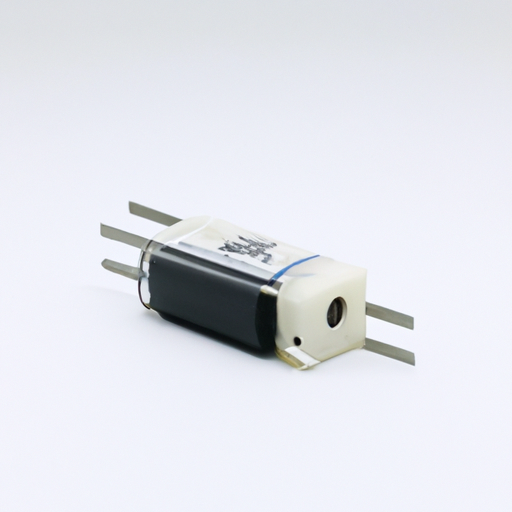Overview of CFR-25JB-52-160K Photoelectric Sensor
The CFR-25JB-52-160K is a specific model of photoelectric sensor designed for industrial applications. It utilizes light to detect the presence or absence of objects, measure distances, and identify specific characteristics of objects. This sensor is part of a broader category of photoelectric sensors that are essential in modern industrial automation due to their reliability, speed, and versatility.
Core Functional Technologies
| 1. Detection Principles | |
| 2. Output Types | |
| 1. Automated Packaging Lines | |
| 2. Material Handling | |
| 3. Quality Control | |
| 4. Safety Applications | |
| 5. Automated Sorting Systems | |
| 6. Robotics and Automation | |

3. Adjustable Sensitivity: The sensor features adjustable sensitivity settings, allowing users to fine-tune the detection parameters based on the specific materials and environmental conditions present in their application.
4. Environmental Resistance: Designed for industrial use, the CFR-25JB-52-160K is built to withstand harsh conditions, including dust, moisture, and extreme temperatures, often featuring high IP ratings for protection against environmental factors.
5. Communication Protocols: The sensor may support advanced communication protocols like IO-Link, facilitating integration into Industry 4.0 environments. This capability allows for real-time data collection and analysis, enhancing operational efficiency.
Application Development Cases
Conclusion
The CFR-25JB-52-160K photoelectric sensor exemplifies the advanced capabilities of photoelectric technology in industrial applications. By leveraging various detection principles, output types, and environmental resilience, these sensors play a crucial role in enhancing automation, safety, and efficiency across diverse industrial sectors. As industries continue to evolve towards automation and smart manufacturing, the role of photoelectric sensors like the CFR-25JB-52-160K will only become more significant, driving innovation and operational excellence.
Overview of CFR-25JB-52-160K Photoelectric Sensor
The CFR-25JB-52-160K is a specific model of photoelectric sensor designed for industrial applications. It utilizes light to detect the presence or absence of objects, measure distances, and identify specific characteristics of objects. This sensor is part of a broader category of photoelectric sensors that are essential in modern industrial automation due to their reliability, speed, and versatility.
Core Functional Technologies
| 1. Detection Principles | |
| 2. Output Types | |
| 1. Automated Packaging Lines | |
| 2. Material Handling | |
| 3. Quality Control | |
| 4. Safety Applications | |
| 5. Automated Sorting Systems | |
| 6. Robotics and Automation | |

3. Adjustable Sensitivity: The sensor features adjustable sensitivity settings, allowing users to fine-tune the detection parameters based on the specific materials and environmental conditions present in their application.
4. Environmental Resistance: Designed for industrial use, the CFR-25JB-52-160K is built to withstand harsh conditions, including dust, moisture, and extreme temperatures, often featuring high IP ratings for protection against environmental factors.
5. Communication Protocols: The sensor may support advanced communication protocols like IO-Link, facilitating integration into Industry 4.0 environments. This capability allows for real-time data collection and analysis, enhancing operational efficiency.
Application Development Cases
Conclusion
The CFR-25JB-52-160K photoelectric sensor exemplifies the advanced capabilities of photoelectric technology in industrial applications. By leveraging various detection principles, output types, and environmental resilience, these sensors play a crucial role in enhancing automation, safety, and efficiency across diverse industrial sectors. As industries continue to evolve towards automation and smart manufacturing, the role of photoelectric sensors like the CFR-25JB-52-160K will only become more significant, driving innovation and operational excellence.







